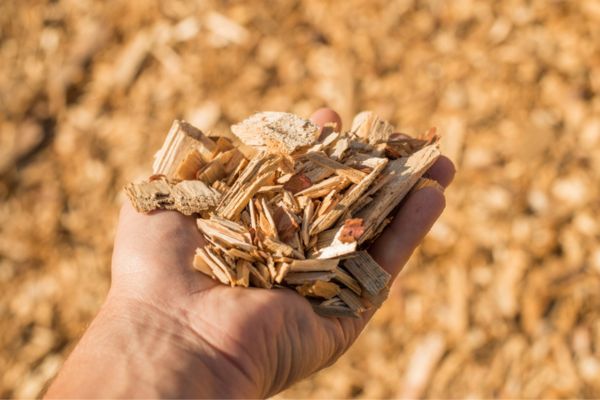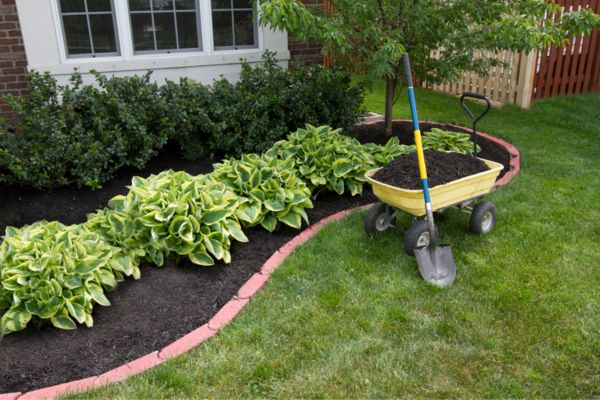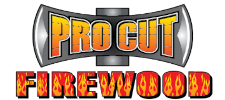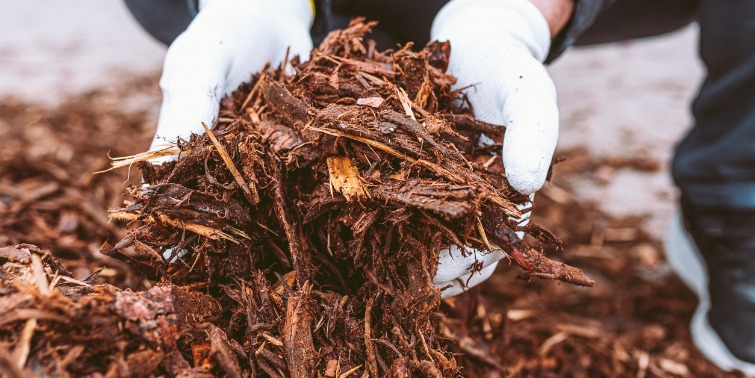Mulch is an important tool for anyone wanting to protect and enhance their yard or garden, but choosing the right types of mulch is vital. Gardeners and homeowners invest much time and effort in planting and maintaining trees, shrubs, flower gardens, and vegetable gardens. Given their hard work, they want to protect their gardens and landscaping from weeds, drought, and harsh weather. Mulch offers essential protection and provides numerous other benefits.
Benefits of Mulch
Mulch is a material used to cover the soil in your yard or garden. It offers numerous benefits for homeowners, including:
- Suppressing weeds
- Conserving water and improving moisture retention
- Enhancing soil quality
- Preventing soil erosion
- Keeping soil cooler in hot weather and warmer in cold weather
- Improving the appearance of soil beds
- Reducing the spread of soil diseases
By choosing and using mulch effectively, you can maintain a healthier garden and enhance your outdoor space.
Organic vs. Inorganic Mulch
There are two main types of mulch: organic mulch and inorganic mulch. Organic mulch is made of natural materials and gradually decomposes into the soil. Inorganic mulch does not decompose but is superior at conserving soil moisture and preventing weed growth. There are many options of both organic and inorganic mulch to choose from.
Organic Types of Mulch
There are many types of organic mulch, and they vary widely in appearance, cost, and usefulness.
Wood Chips
Wood chips are made from shredded or ground trees, bark, and leaves. They are the most commonly used type of organic mulch and are the most affordable. They are superior in gardens and pathways and last up to 7 years.
 Wood Bark
Wood Bark
Wood bark is made of only the ground or shredded bark of trees and is more visually appealing than wood chips. It is more expensive than wood chips but is also more durable, lasting up to 10 years. Wood chips are one of the best types of mulch for around trees or shrubs and in flower beds.
Straw and Hay
Straw is a hollow stalk left after harvesting wheat or grain crops. Hay is dried grass and contains weeds and seeds, while straw does not. Straw is excellent for retaining moisture, lightening the soil, and preventing compaction. It is a great cover for germinating flower or vegetable beds or protecting grass or dormant plants.
Pine Needles
Pine needles are a type of mulch. They insulate and stabilize soil temperature. So, they are used in flower and vegetable gardens and around trees. They don’t lose volume as they decompose, so they keep the soil light and prevent compaction.
Compost
Compost is made from organic materials, typically food and garden waste, that have decomposed into surrounding soil. It is rich in nutrients and is eco-friendly, preventing waste from going into landfills. Consumers can buy compost or make their own at home. The downside of compost is that it decomposes quickly and must be applied several times a season.
Cocoa Bean Hulls
Cocoa bean hulls are the shells left over after cocoa production and have a pleasant chocolate-like color and scent. They are very visually appealing in flower beds and around trees and shrubs. Cocoa bean hulls are not safe for homes with dogs. They can suffer chocolate intoxication if they eat any of the hulls. Additionally, cocoa hulls decompose quickly, especially when they become waterlogged.
Grass
Some homeowners love to spread mown grass as a mulch over beds and gardens. While this grass may not be as visually appealing as other types of mulch, it can be a good choice in a vegetable garden. Grass can smell as it decomposes. So, a backyard garden may be a better place to spread your lawn clippings. If you use chemical herbicide or fertilizer on your lawn, use care spreading grass clippings on vegetable or herb gardens.
Leaf Mold
If you compost your leaves after raking them, you can create leaf mold to use as mulch. Leaves will have beneficial bacteria and worms and can enhance soil health. You may hold leaves in a compost pile until they decompose into leaf mold.
Inorganic Types of Mulch
Gravel and Stone
Gravel or artificial stone, like lava rock, are some of the most commonly used types of inorganic mulch. The advantage of gravel and stone is that they do not break down and will not need to be redone or reapplied later. The disadvantage is that they do not retain moisture and may cause plants to become overheated and stressed. They work great for paths and walkways but are less helpful for garden beds and lawns.
Rubber
Rubber mulch is made from recycled tires. It’s good for playgrounds and hardscape projects. However, rubber gives off an unpleasant smell on warm, sunny days and is less effective at controlling weeds. Some worry that rubber mulch may contaminate the soil. However, there is no clear evidence of this.
Landscape Fabric
While some people use plastic or landscape fabric to cover soil in a bed, they are not ideal replacements for mulch. Water does not permeate plastic, so any bed covered with plastic will need an irrigation system. Landscape fabric suppresses weeds while allowing water to pass through and is a better choice than plastic. However, landscape fabric is expensive and most effective when used with a layer of mulch.
Recycled Materials
Many suppliers now offer recycled, inorganic mulches. Many of these products are unusual and eye-catching. Recycled tumbled glass is often bright and fade-resistant. But, it does little to improve soil health or retain moisture. Nonetheless, it is striking when used in flower beds or rock gardens.
Plastic Mulch
Plastic mulch has become popular as an inexpensive and widely available option. However, plastic mulch can lead to soil and water run-off, making plants drier and soil less healthy.
Factors to Consider in Choosing a Type of Mulch
Choosing the best mulch for your garden or yard depends on your needs and personal preferences. Some factors to consider are:
- Maintenance Preferences: Inorganic mulches may be a better option if you prefer low maintenance.
- Type of Plants or Garden: Different trees or shrubs thrive with certain types of mulch.
- Climate and Water Considerations: Some mulches retain moisture better than others for water conservation. Additionally, light-colored mulch can help reflect sunlight.
- Soil and Plant Health: Certain mulches, like compost, can improve soil health.
- Curb Appeal: Some mulches are attractive. They greatly improve your garden’s look.
- Cost: Many mulch options are affordable, but higher-quality products may come at a higher price.
By deciding what factors are most important to you and finding a mulch that best suits your priorities, you can find a mulch ideal for your garden or yard.
 When and How to Apply Mulch
When and How to Apply Mulch
Mulching is best done in the spring after planting and in the fall before cool weather arrives. However, be cautious not to mulch too early in the spring, as it can prevent the ground from warming up. Once the soil has warmed and your spring bulbs begin to emerge, it’s the right time to mulch your flower beds and around trees and shrubs. In the fall, incorporating mulching into your gardening routine will help protect plants and trees from the winter cold.
Even when it is the right time of year to mulch, there are certain days when it’s best to avoid doing so:
- On rainy days or when heavy rain is expected, your mulch may become waterlogged or damaged.
- On windy days, gusts can blow away your mulch.
- Before trees shed their spring buds or autumn leaves, to minimize the cleanup of debris from mulched areas.
Once your mulch is established, it will be better able to withstand wind, rain, and cold.
Looking for High-Quality Natural Mulch Near Rochester, MN?
Mulch is an essential tool for gardeners and landscapers, providing numerous benefits, such as soil and water conservation and weed prevention. By selecting the right type of mulch for your needs, you can improve soil quality and overall garden health. Organic mulch is an excellent option for those who prefer a material that will naturally decompose over time. On the other hand, inorganic mulch can be more suitable in certain situations due to its cost-effectiveness and durability. Once you have chosen the type of mulch that best fits your requirements, be sure to discuss the proper application and maintenance with your supplier. This will help ensure that your yard and garden look their best.
Now you know more about different types of mulch. If you are ready to discuss the best types of mulch for your yard, ProCut Firewood is here to help! Call us today to talk about all of your mulch options. We look forward to hearing from you.







